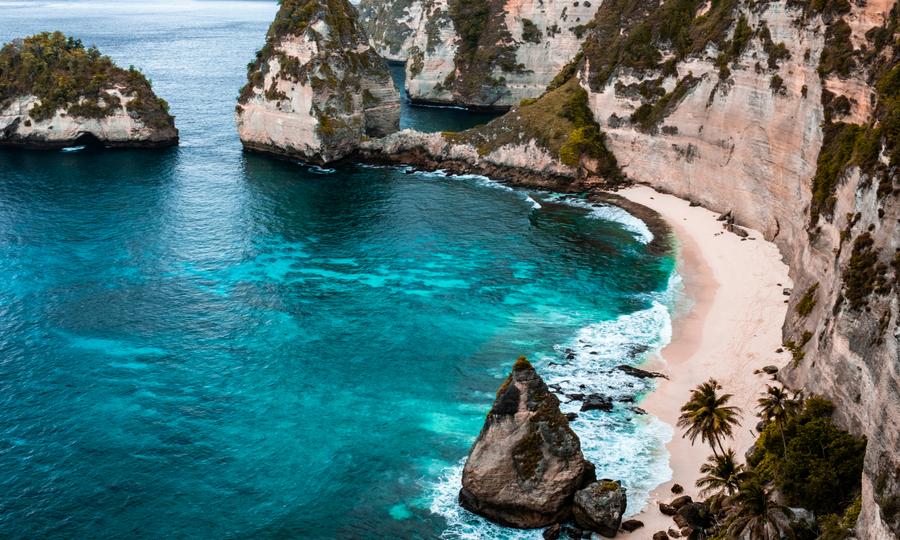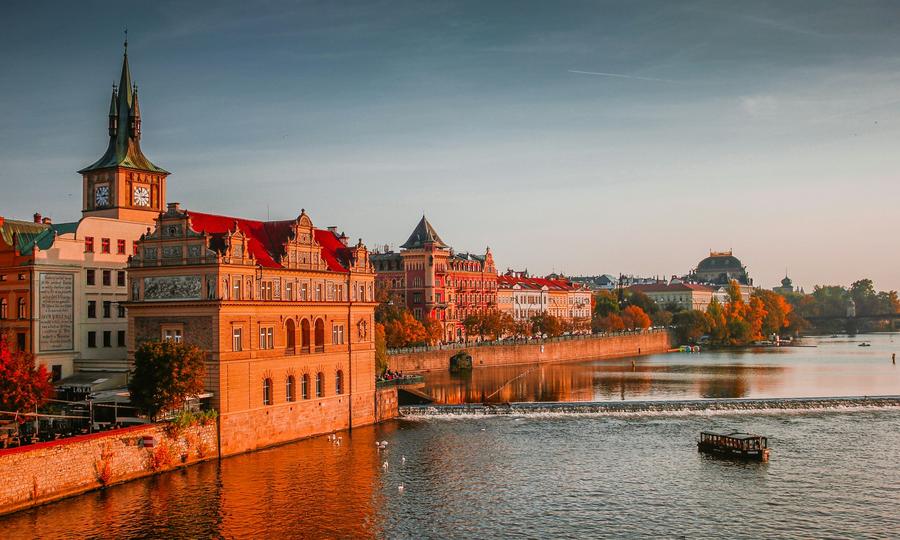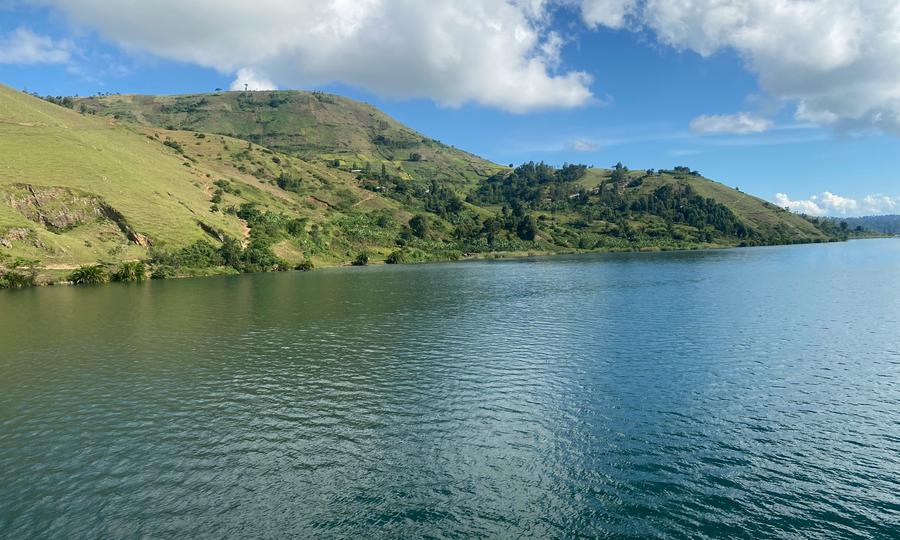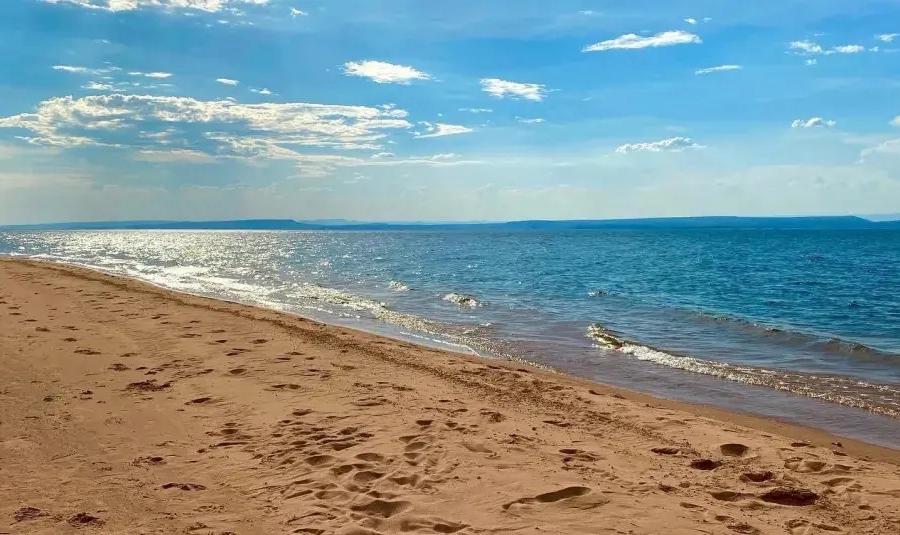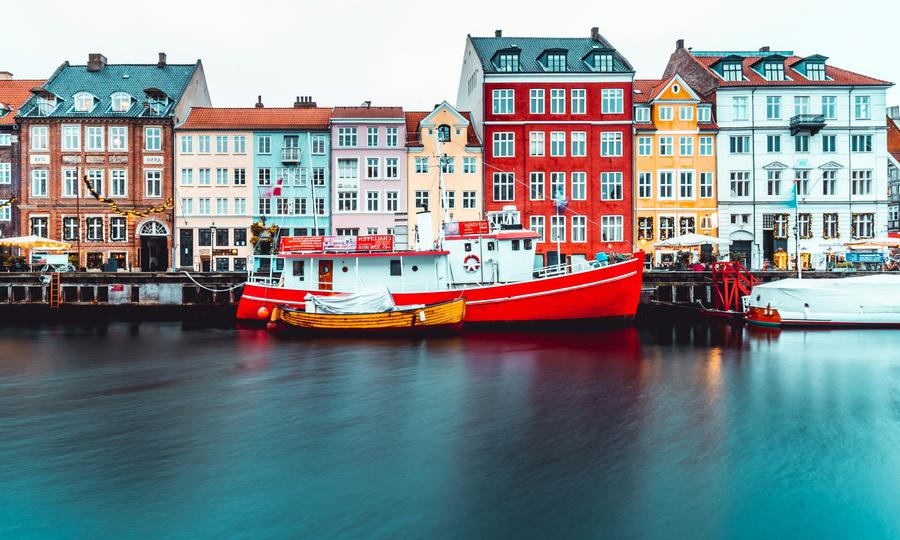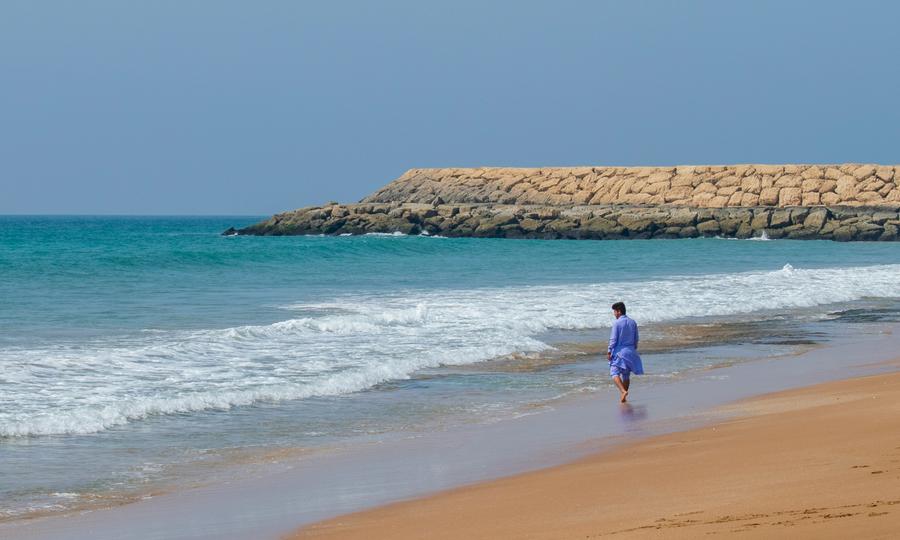Introduction
Nudism, also referred to as naturism, is a lifestyle centered around the freedom of being clothes-free and connecting deeply with nature. While many travelers embrace this way of life, understanding the local laws and cultural sensitivities is essential, especially when visiting a country like Indonesia.

Photo Source: https://www.pexels.com/photo/scenic-view-of-kelingking-beach-in-bali-30286819/@Saksham Vikram
Understanding Nudism Laws in Indonesia
In Indonesia, public nudity is unequivocally prohibited. The Indonesian Penal Code explicitly criminalizes nude or semi-nude behavior in public spaces, including beaches. Violators of these laws can face severe consequences, such as steep fines, imprisonment, and, in some cases, deportation for foreign nationals. Travelers should exercise extreme caution and avoid engaging in nudist activities in public areas.
Cultural Attitudes Towards Nudity
Indonesia is a culturally rich and diverse nation, with traditions deeply rooted in respect for modesty and community values. Public nudity is not widely accepted, and engaging in such practices can be seen as disrespectful to local customs. While there might be remote or isolated areas where nudity is more discreetly tolerated, it is essential to seek guidance from locals before attempting any nudist activities.
Advice for Nudist Travelers
For naturists visiting Indonesia, the safest option is to seek out private resorts or clothing-optional accommodations. These establishments offer secure and lawful environments for enjoying nudist activities without breaching local regulations or cultural norms. It’s also advisable to connect with online communities or forums to identify trusted and discreet locations.
Secluded Beaches for Naturist Activities
Although Indonesia does not have officially designated nude beaches, some remote and secluded beaches may provide opportunities for naturists to enjoy clothing-optional recreation discreetly. Kuta Beach, Uluwatu Beach, Geger Beach, Bali Au Naturel are a few notable mentions. (Bali Blog)

Photo Source: Unsplash@David Gor
Legal Implications and Precautions
Given Indonesia’s strict laws against public nudity, travelers should prioritize understanding and respecting local regulations. Ignorance of the law is not a valid defense, and penalties can be severe. Always:
- Research local laws and customs before engaging in any naturist activities.
- Refrain from public nudity, even in remote areas, unless you’re confident it’s private and culturally acceptable.
- Avoid taking or sharing photographs in private nudist spaces to respect the privacy of others.
Conclusion
While Indonesia’s natural beauty and tranquil beaches may seem like a haven for naturists, public nudity remains illegal across the country. However, by exploring private accommodations and discreet locations, naturists can still enjoy their lifestyle while adhering to local laws and respecting cultural values. As responsible travelers, it’s vital to balance personal freedom with an understanding and appreciation of the customs and traditions of the places we visit. With careful planning and respect, Indonesia can offer unique and memorable experiences for naturist enthusiasts.

